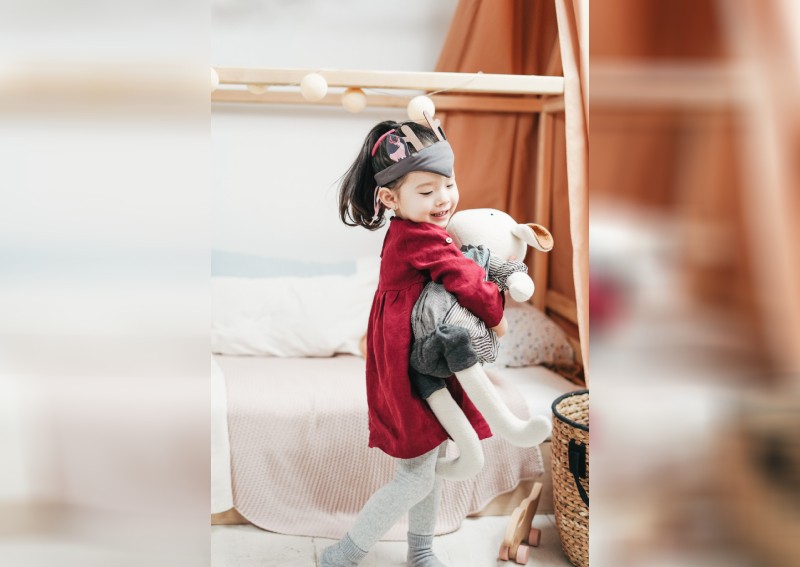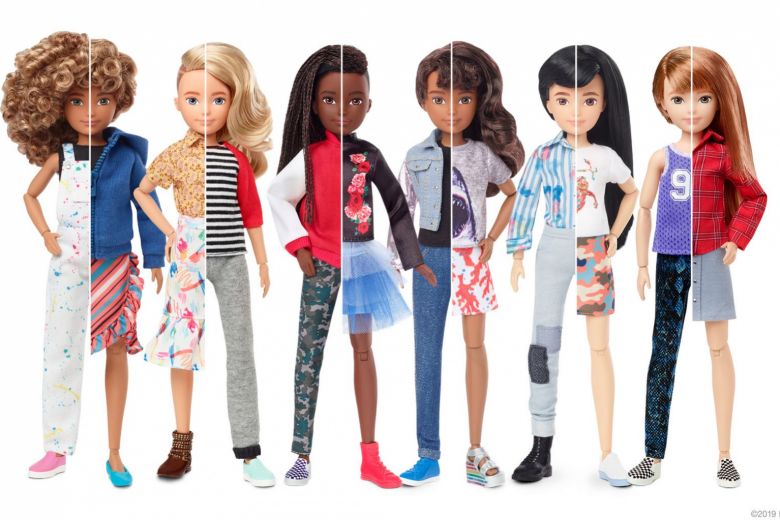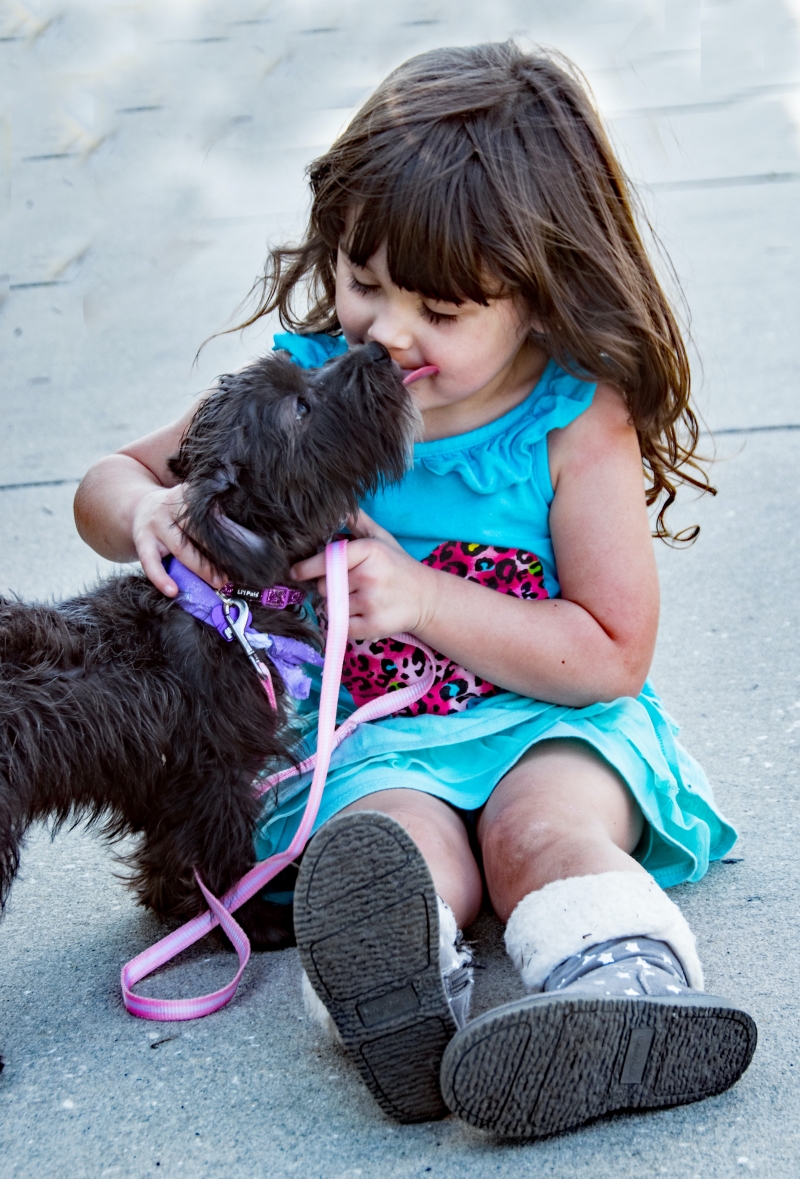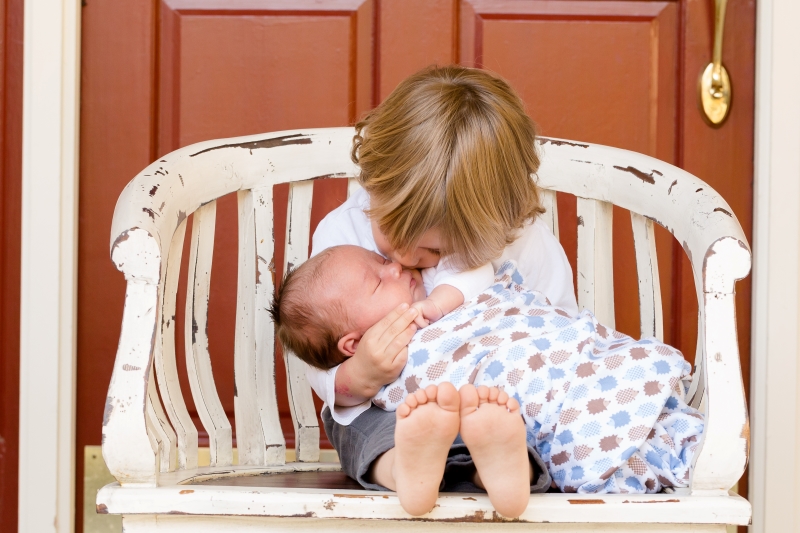New study shows playing with dolls helps children develop empathy

With the ongoing pandemic, parents may be worried their children are not getting enough social interaction with limited opportunities to go outside and with all the safe distancing measures we all have to adhere to. That said, many parents turn to toys to keep their kids entertained.
The good thing is, a new study conducted by Barbie and a group of neuroscientists found that playing with dolls helps child development in terms of social understanding and empathy.
Barbie conducted a global survey in 22 different countries questioning 15,000 parents. About 91 per cent of parents considered empathy to be a key social skill they wanted their kids to develop. However, only 26 per cent of them knew just how much doll play could benefit their child’s social skills.
For their research, Dr Sarah Gerson and her team monitored four to eight-year-old children’s brain activity while they played with Barbie dolls and other play sets.
Here, they found just how doll play stimulates a child’s mind by activating brain regions that help kids develop empathy and social skills even while playing alone. It was discovered that this brain activity was similar to when kids interact with other people.
It was also found that children showed more brain activation in doll play as compared to when they were playing with their tablets. This was consistent between boys and girls.
[[nid:468394]]
This proves that playing with dolls allows children to practice their social skills and develop empathy better than any other type of play.
For instance, when playing with their dolls, your child may make up their own scenarios in how they would interact with a friend. This alone lets them learn more about different perspectives and feelings of other people.
This study was essential for both parents and their kids as Dr Sarah Gerson explains how ‘without any prompting or instructions, children naturally play with dolls in a way that allows them to practice social interactions and improve their empathy and understanding of other people.’
‘So, as parents, we can be reassured that playing alone with dolls lets children practice skills that they use when playing with playmates and in future social interactions,’ she says.
The new study has also been found to be relevant during these times for parents who are worried about isolating their kids from the world may be satisfied to know that doll play is actually an effective alternative for them to develop empathy.
Empathy can help your child understand the behaviour of other people and acknowledge their opinions as well as what they’re feeling.This also helps them recognise how their actions and words can affect those around them.
Learning more about the people closest to them, including family and friends, could help kids identify who they can trust and rely on. Developing empathy can also encourage children to offer support and provide comfort for those in need. It can even take care of their loved ones.
Having a better understanding of other’s feelings allows children to develop more than just social skills but also learn how to resolve conflicts. This is most beneficial whenever they work in a team for school then eventually for work.
Learning empathy at an early age can help children grow up to become caring and responsible adults. The development of proper social processing skills, your kids are one their way to becoming successful and well-rounded professionals in the future.
Barbie also launched an online hub called ‘Benefits of Doll Play’ that features resources for parents, caregivers and children to help them enhance and apply social processing skills. In their site, they provided tips created by Dr Michele Borba, a leading empathy expert, in how to boost your child’s empathy.

Give your child a variety of dolls and let them freely play by themselves. Children naturally talk when they’re playing so while you listen in, you may find out more about your child along with their interests, worries and dislikes.
Talk to your child about what they’re feeling by asking questions like ‘Are you worried?’ or ‘Do you feel happy?’ and also initiate discussions about their emotions by saying things like ‘Looks like you’re angry.’ and ‘You seem frustrated.” to help expand their ‘feeling vocabulary’.

Help your kids learn more about the world around them by giving them a variety of dolls with different skin colours, genders or disabilities. This will encourage your child to interact with other people from various cultures and races.
It is important that we teach kids early to identify what they have in common with others instead of what they differ from them.
Print different emotive words such as sad, happy and worried into index cards and turn it into a flashcard game with your child. You can act out the emotions without making any sound and let the rest of the family guess the word like charades. This could let your child identify if they’ve ever felt this emotion before.
You can also try the two kind rule: ‘We say or do at least two kind things to each day.’ With this activity, you can discuss with your child what kindness looks like with actions like sharing toys or helping others. You can point out kind acts when in action as well as praise your kid’s own acts of kindness.

Children can learn to care for others by playing with their dolls. Parents may also look for opportunities to teach their kids about caring for others like comforting relatives or feeding the family pet.
It’s not enough to just praise your child whenever they show acts of kindness. You can use nouns to encourage them to become more of a caring person.
Like instead of asking ‘Will you help?’ you can ask them instead ‘Will you be a helper?’ so they would be more inclined to be ‘helpers’ to other people in the future.
Use an old shoebox and cut a slit on the top so that whenever someone in the family does something kind, the ‘kindness finder’ writes it down and slips the paper in the box.
While reading aloud the kind acts during a family gathering, your child will learn more about kindness and discover the good in one another.
Let your child practice kind acts by caring for their dolls during free play. This helps kids discover actions that they can do to help take care and comfort those around them.

Giving your child age-appropriate responsibilities can help them develop empathy like looking after their pet dog or siblings. Kids can also learn this by playing with their dolls by pretending to comfort and soothe them.
The more children are given opportunities to express kindness, the more they will see its value.
This article was first published in theAsianparent.